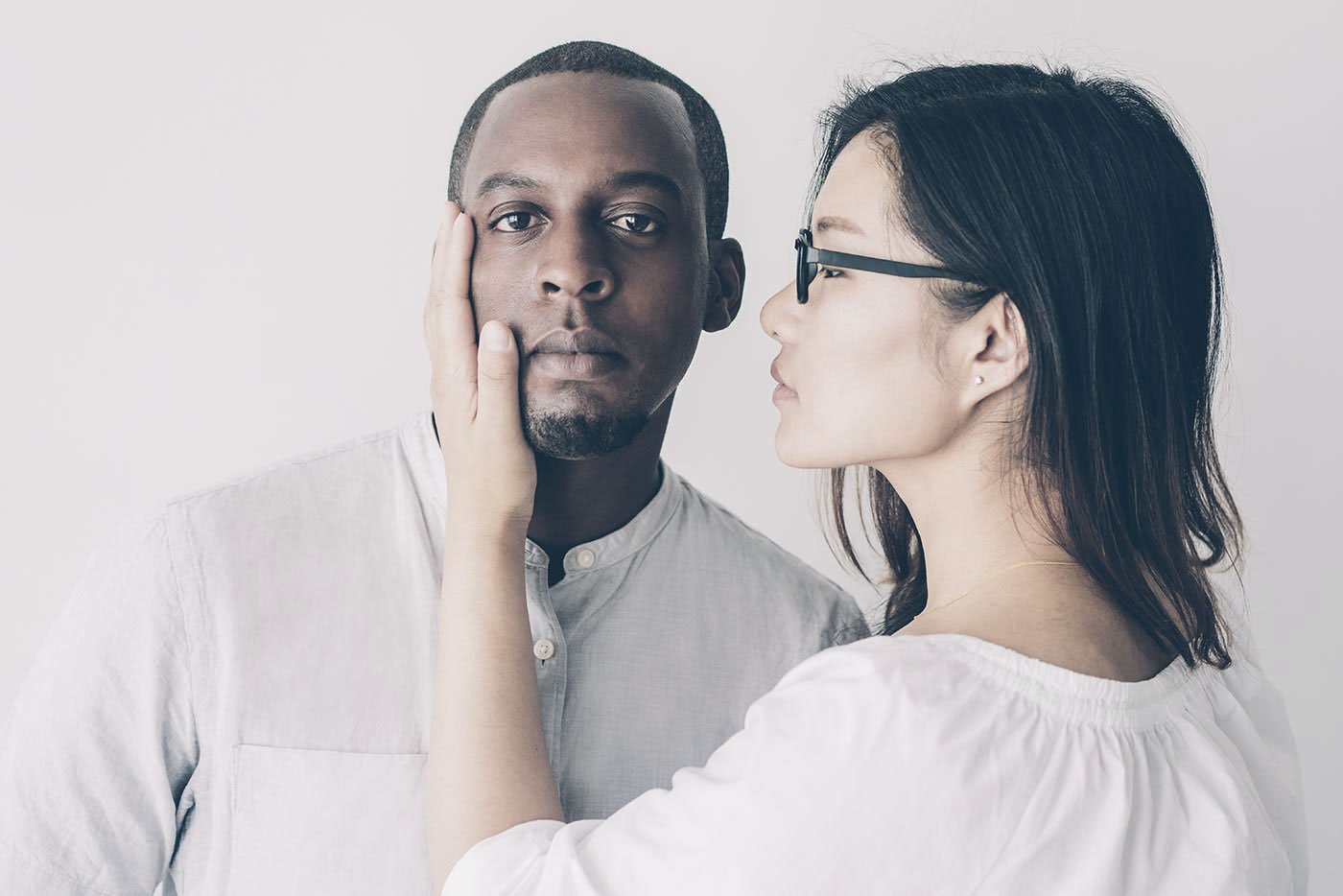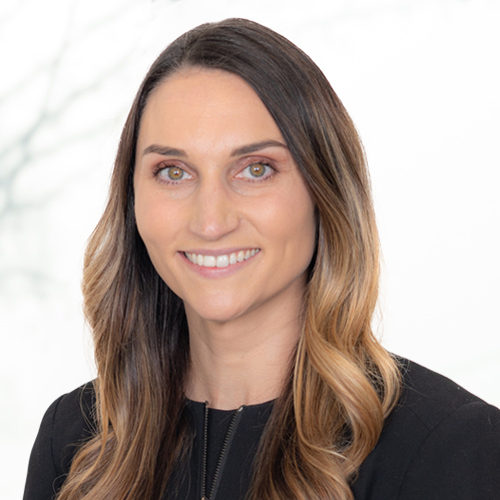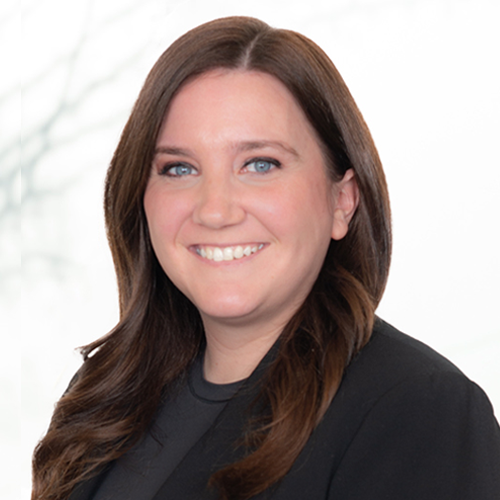When Juveniles Are Charged As Adults In Minnesota
Prosecutors can charge juveniles as adults when they are suspected of violent offenses or crimes that would be punishable by prison if committed by an adult. While most juveniles charged as adults are 16 or 17 years old, occasionally younger teens are charged as adults as well.
There are ways to legally challenge charging a juvenile as an adult. As a juvenile defense attorney, Christa Groshek understands how the juvenile court system works. In fighting an attempt to charge a minor as an adult, Ms. Groshek consults with psychologists and counselors who can challenge the prosecution’s claims that public safety would be best served by punishing the child like an adult. In cases where a juvenile has limited prior offense history and there are options for treatment in the juvenile system, Ms. Groshek asks the court to consider treatment instead of punishment.
If your teenage son or daughter is potentially facing charges as an adult, contact Minneapolis juvenile defense attorney Christa Groshek today to schedule a consultation to learn how she can help you.
Skilled Representation For Juveniles Facing Criminal Charges As Adults
The juvenile defense law office of Groshek Law PA represents teens potentially facing charges as adults in crimes involving:
- Armed robbery
- Assault
- Homicide
- First-degree manslaughter
- Rape
- Sexual abuse of a minor
- Arson
- Kidnapping
At Groshek Law PA, you are viewed as an individual, not a legal problem. If you are facing charges for a juvenile crime, call us at 612-426-7047 to learn about your options.
What Is Extended Juvenile Jurisdiction (EJJ)?
Extended juvenile jurisdiction (EJJ) is a hybrid type of sentence requiring a child to comply with strict probation until the age of 21 with a stayed adult prison sentence hanging over his or her head as incentive to remain law-abiding and compliant with probation. This is what lawmakers consider “one last bite at the apple.” A child who has committed a serious offense still has one last chance to remain in the juvenile system and not face adult sanctions.
Juveniles can end up with this intermediate sanction in two ways. One, if a prosecutor fails to persuade the judge that the child should be certified as an adult, the fallback option for a child (14 or older) is EJJ. Two, the prosecutor can move for EJJ for a juvenile over the age of 14 who has committed a felony offense. In the latter situation, attorney Groshek advocates heartily to convince the judge that EJJ is not appropriate and that the child should remain in traditional juvenile court. In juvenile court, the law promotes rehabilitation using the “least restrictive measures to restore the child to law-abiding behavior.” In contrast, in adult court, the judge is often bound by sentencing guidelines that mandate prison (especially in the case of violent offenses).
Factors judges use to determine whether a child should be certified into adult court or designated EJJ include:
- The seriousness of the alleged offense in terms of community protection, including the use of firearms and the impact on the victim
- The culpability of the child in planning and carrying out the offense
- The child’s record of delinquency
- The child’s programming history, including past willingness to participate in available programming
- The adequacy of the punishment or programming available in the juvenile justice system
- The dispositional options available for the child
After reviewing a court-ordered psychological evaluation and a probation report detailing the child’s history, the parties attempt to reach a resolution on the venue of the case. If the parties do not agree, then a contested hearing is held before the judge, who evaluates the testimony of the professionals and weighs the factors.
These issues are decided before the substance of the case is resolved. Once the court determines the posture of the case, then the matter can proceed to a jury trial if the child is certified into adult court or designated EJJ. If the judge determines that the case deserves to be heard in juvenile court, then a trial is heard before a judge and no jury trial is held.
Adult certification and EJJ hearings require special experience to help ensure a just result for the child. Not every criminal defense attorney has the skills and tools of attorney Groshek, who has devoted a significant portion of her practice to juvenile court defense.
Don’t Risk Your Child’s Future | Call Now
If your son or daughter is facing trial as an adult or extended juvenile, call us at 612-426-7047 or send us an email.








